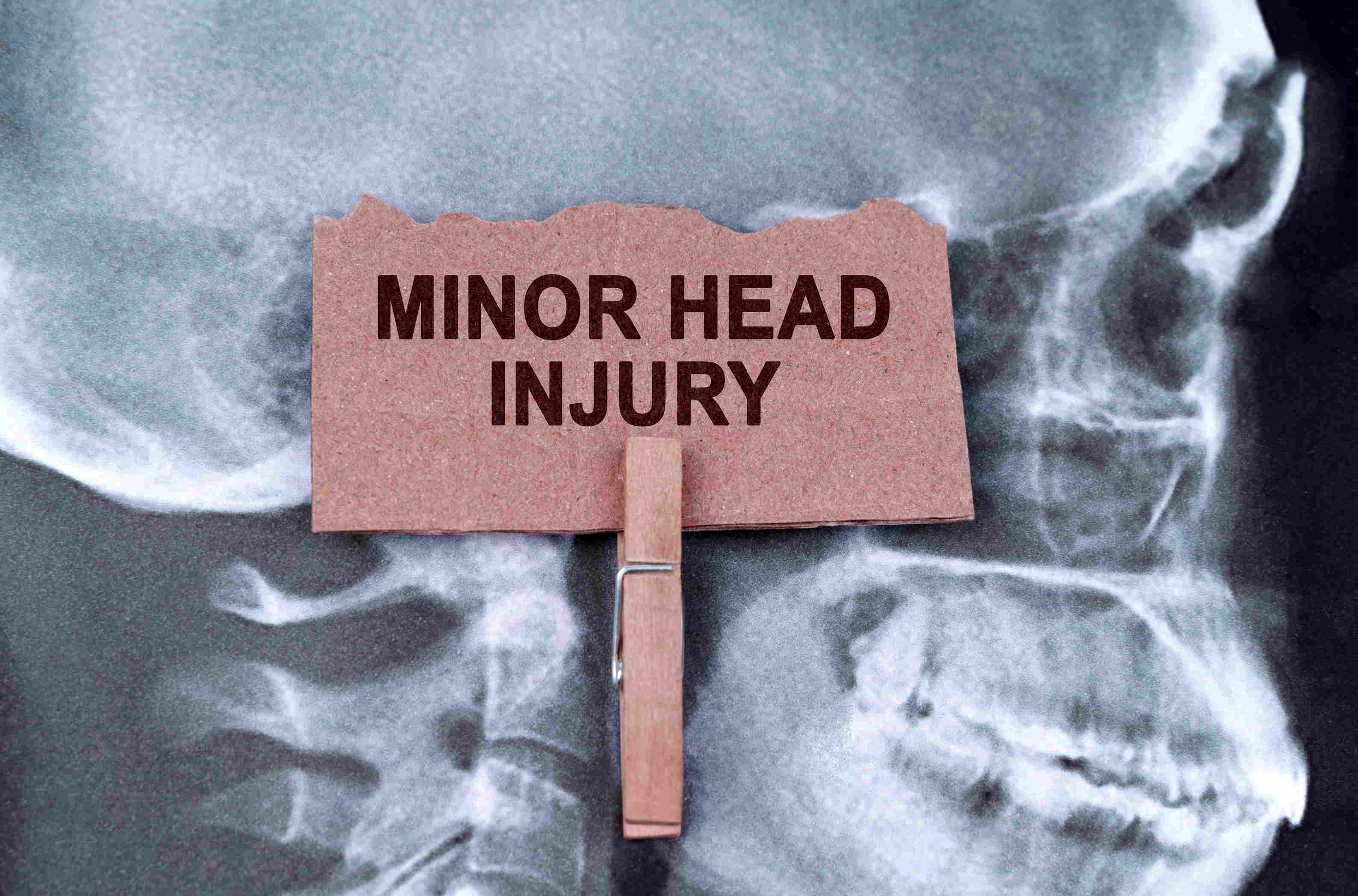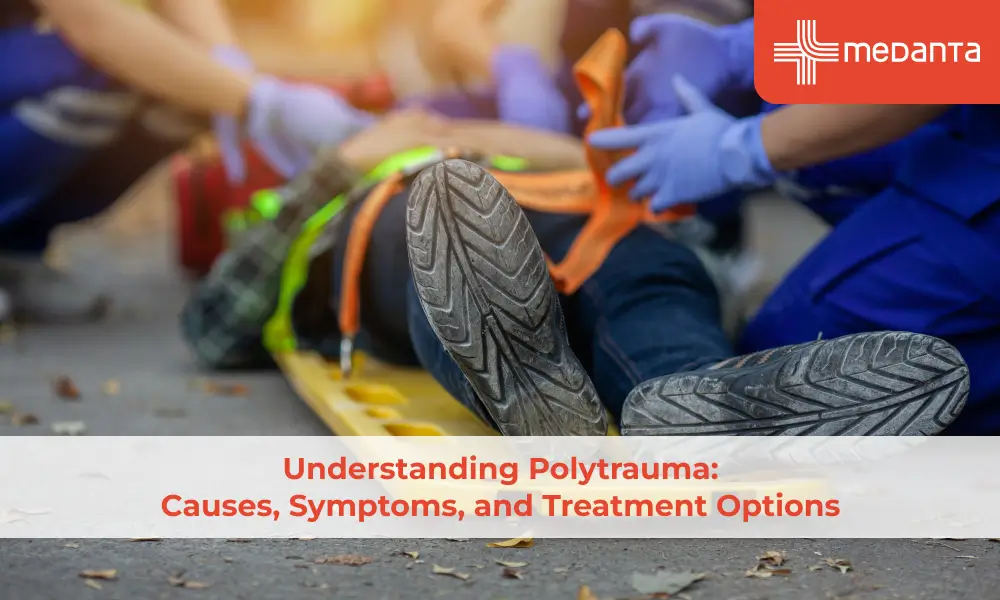Minor Head Injury: Symptoms, Causes, Treatment, Diagnosis and Management

What is minor head injury?
A common sort of injury is a knock, bump, or blow to the head. For most of the people a head injury is usually quite minor. A minor head injury or bump or knock to the head should not result in any permanent damage, and symptoms are usually mild and short terms, as long as someone remains conscious and there is no deep cut or damage to the head (such as broken bone).
What are the symptoms?
A minor head injury often causes a bump or bruise on the exterior of the head. Other symptoms may also include:
- Mild to moderate headache
- Dizziness or loss of balance
- Nausea and vomiting
- Change in mood, such as feeling restless or irritable
- Trouble thinking, remembering, or concentrating
- Ringing in the ears
- Drowsiness or decreased amount of energy
- Change in your sleep patterns
If you have experienced a minor head injury, try to stay with someone for the first 24 hours, and make them aware that you have had a head injury. This way they can be alert to any changes in your body. If someone experiences those mild symptoms after a knock, bump or blow to the head, then they do not require any specific treatment. You should however observe them closely for the following 48 hours, to check to see if their symptoms change or worsen.
If you or your kid experiences any of the following symptoms as a result of a head injury, get medical attention right away. If you notice the following symptoms in either yourself, or your child, following a bang to the head, then seek medical assistance immediately.
- A lasting headache which gets worse, or is still present over six hours following the injury
- Extreme difficulty in staying awake, or being sleepy several hours after the injury
- Two or more bouts of vomiting
- Unconsciousness, either for a short or extended period of time
- Unequal pupil size
- Straw colored or blood stained fluid coming from nose or ears. This is cerebrospinal fluid which normally surrounds the brain
- Severe dizziness or loss of balance
- Problems with memory
- Difficulty in seeing or double vision
- Slurred speech
- Unusual breathing patterns
- Ringing or deafness in one or both ears
- Having a seizure or fit
Usually for children after a minor head injury, they may cry or be distressed. This is quite normal. With attention and reassurance, most children will settle down. But if the child continues to be distressed, you should seek medical assistance.
What are the causes of a minor head injury?
A minor head injury is most often caused by a blow to the head. This may occur from
- A fall
- Being stuck in the head
- A motor vehicle accident
Children are particularly prone to having minor head injuries as they have high energy levels and little sense of danger. They can get hurt during sports or any medicine.
How is a minor head injury diagnosed?
A neuro exam is used to determine the patient's brain function. The patient's memory, hand grasp, and balance, as well as how the patient reacts to light, will all be tested.
How is a minor head injury treated?
If you experience a headache or mild discomfort after the head injury, then it is safe for you to take a painkiller, such as paracetamol or ibuprofen. Ibuprofen is not suitable for those with asthma or breathing problems.
What are the risks of a minor head injury?
The patient may have serious problems such as bleeding or a blood clot in the brain. Each additional head injury the patient may have can increase the risk of long-term issues. These problems may include poor coordination (balance and movement), or trouble thinking or concentrating. Repeated head injuries can be life threatening as well.
How to manage symptoms?
- Rest: It’s recommended to rest in bed or do quiet activities for the first 24 hours.
- Ice: Ice helps decrease pain and swelling. Ice may also help prevent tissue damage.
- Limit physical activity: It’s recommended to slowly return to your normal activities as directed.
- Have someone wake you up at different times during the night as directed: Have the person ask you a few questions to see if you are thinking clearly.
When to contact the doctor?
Contact your doctor if you experience:
- Repeated or forceful vomiting
- Blood or clear fluid coming out of your ears or nose
- Loss of memory
- Blurred or double vision
- Slurred or confused speech
- Arm or leg weakness, loss of feeling or problems with coordination
- Unequal pupil size
- Seizure






